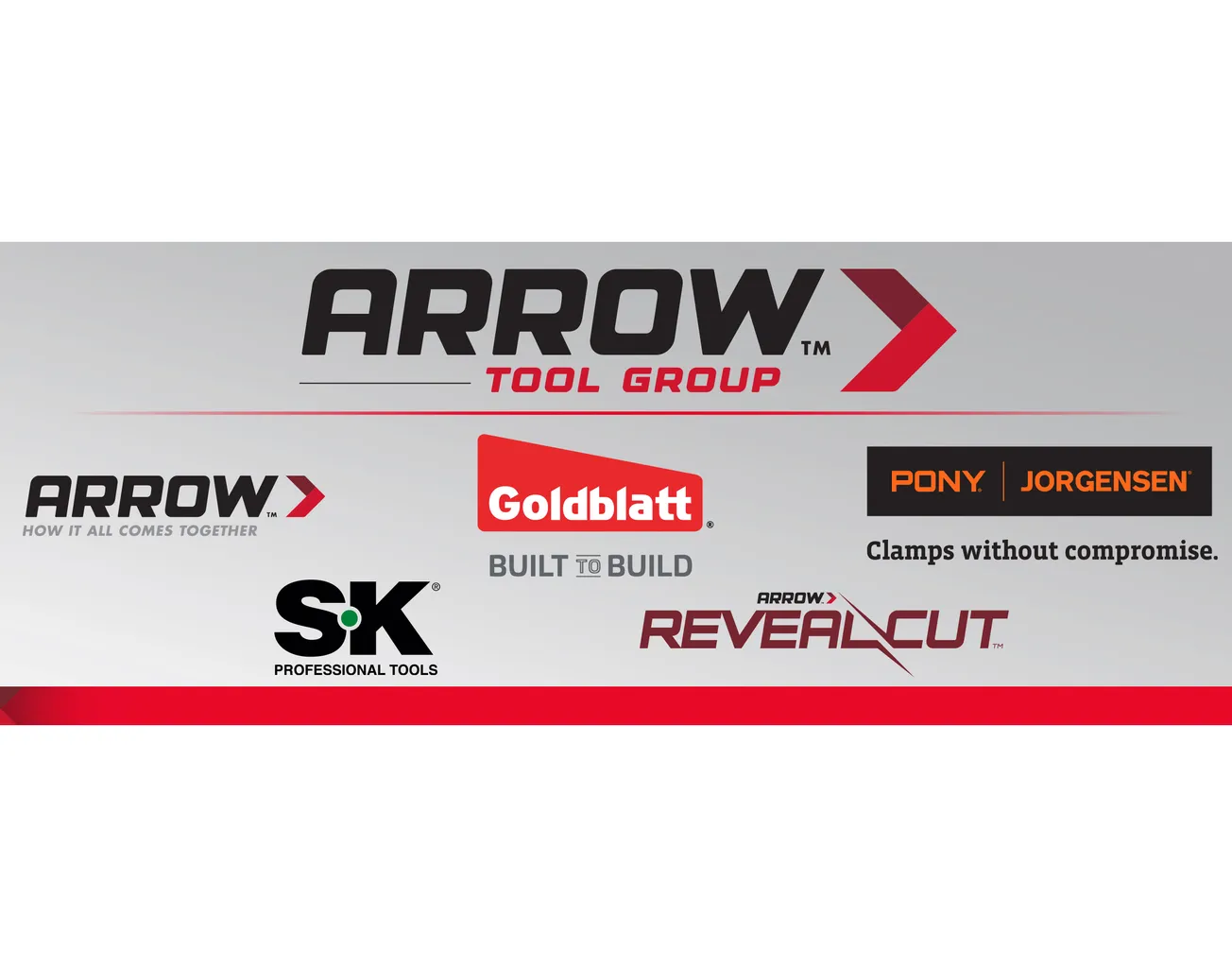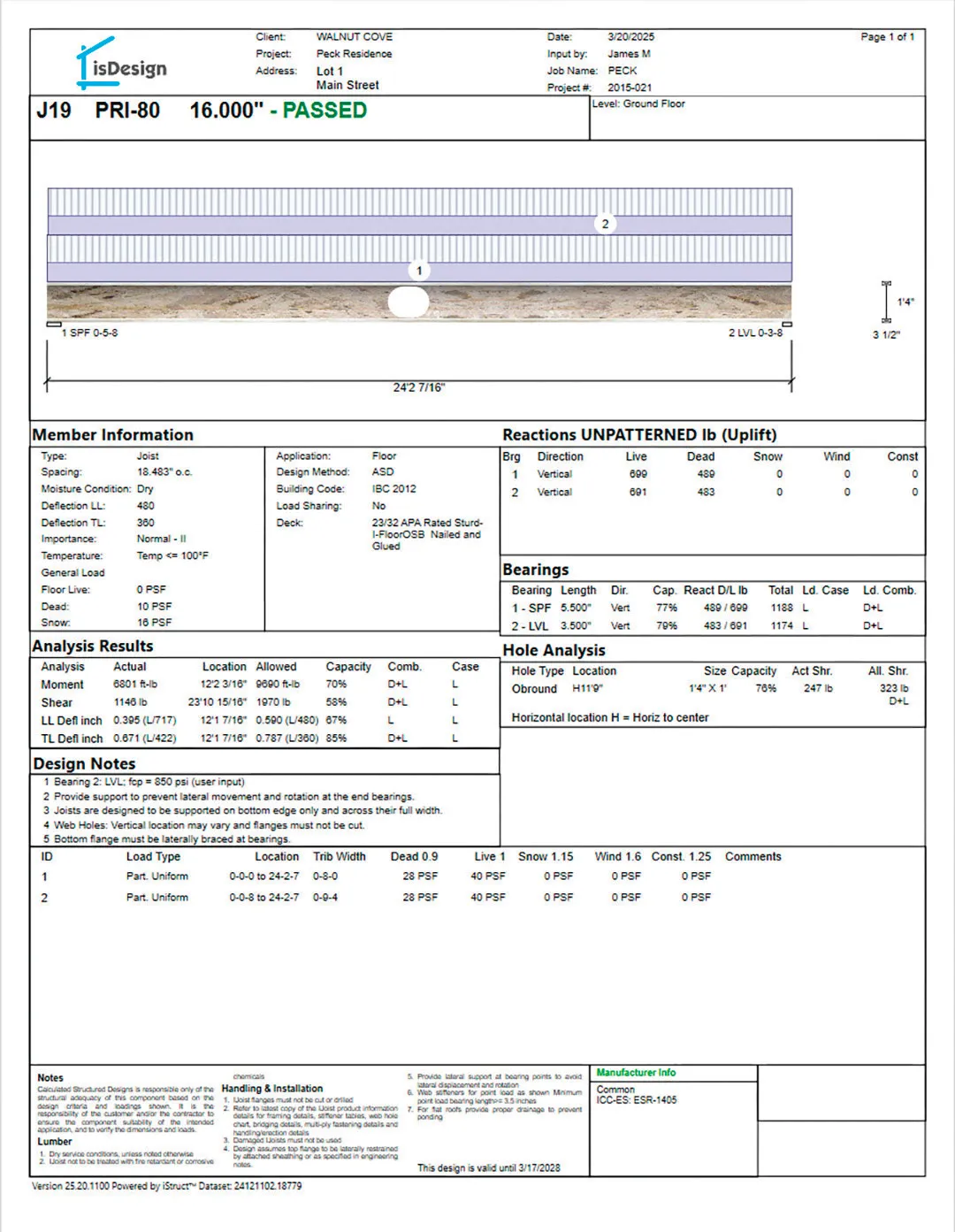Table of Contents
One of the bad raps sellers get is that we are “Just there for the order.” We there for the order, but what else are we there for? We are there to make long-term business relationships with our customers. Figuring out if the relationship with each customer will work takes time and circumstances to test it.
On a call by call basis, how do we push for the order without being pushy? By acting in a caring way. How do we show we care? How do we let the customer know/feel that we care while we are trying to get the business? By asking questions!
We in the lumber industry are market driven, so information is power. Those that buy from us will give us information as well as those who don’t. Customers who don’t buy from us often will give us more information than those who do. Master Sellers dig in on objections. They learn more about how to sell the customer who is giving them the objection and use the information to sell others. Most sellers don’t probe enough so each call is Groundhog Day all over again.
Your Price Is Too High
We will get this objection until the end of time. How will we handle it? Most sellers say two things with a defeated tone:
(1) Oh. Where do I need to be?
(2) What are you buying?
The first response gives all the power to the customer and the second says, “I’m just here for the order.” Both are F-/terrible responses.
“Really, wow. We’ve been selling well at this price. What are you thinking on price?” We discuss prices with customers and work together to agree on what will work.
When the customer says our price is too high we need to dig in on the details:
(1) Did they buy the better price? If not, why?
(2) If so, what exactly—tally, price, shipment, stock and quantity—did they buy and would they buy more with the same details? (One out of 10 will say yes to this question! Ask it and get a couple more orders a day.)
(3) When did they hear or buy at that price? If it was three weeks ago in a rising market… we need to know.
(4) What are you paying for that item out of distribution?
(5) Where was everybody else? Was I the outlier or was the salesperson who got the order the outlier?
(6) What does that purchase do to their average cost?
The devil and the angel are in the details.
“I’m okay right now. I’ve got too much stock. I’m going to wait. Call me in the spring.”
These sentences are meaningless and give us zero information. If we don’t dig in on these objections we deserve what we get.
(1) “I’ve got in my notes that you are using four trucks a month. Do you have 12 trucks bought?”
(2) “How low do you let your inventory go before you do buy back?”
(3) “If we could extend the shipment to work with your inventory turn, could we put a couple on?”
(4) “Alright. We won’t be looking at 2×4 until the first week in June, is that right?”
Whether the customer buys or not, set a firm appointment, based on the information gathered, to talk and do business on that item in the future. The firm appointment is key. “Okay, we won’t be needing 2×4 until the end of July. I will babysit the market on that item with that in mind.”
Horseshoes, Hand Grenades & Sales
The perfect item at the perfect price doesn’t exist. Most sellers are shot down by a single objection! Master Sellers know perfection probably won’t get the order, getting close enough will, so they are curious and dig in on objections. Do they sell their customers every time? No. Do they show their customers they care on every call? Yes.
Master Sellers are curious about what customers want and will do everything possible to get it for them. They work with customers to get as close as possible to perfection (what the customer wants). The curious seller knows more about their customers and their markets and sells more because of it.









